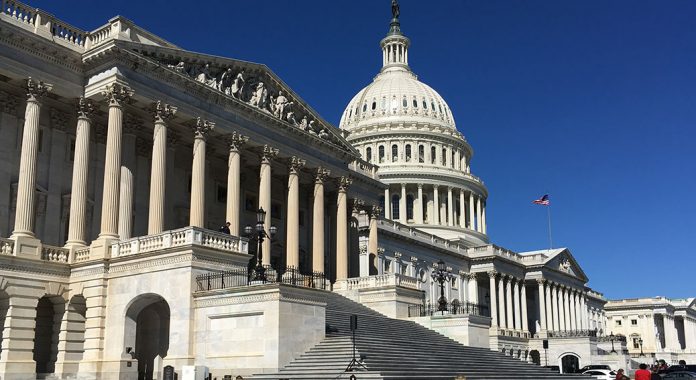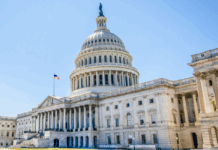
Today, the Senate Republican leadership unveiled a revised version of the Better Care Reconciliation Act (BCRA). The estimated impact of the revisions by the Congressional Budget Office (CBO) is expected early next week.
The latest version of the bill continues to have significant flaws and remained largely unchanged from its predecessor, including particularly unacceptable changes that result in massive Medicaid reductions. It also faces strong resistance from some Republican Senators, including Rand Paul (R-KY) and Susan Collins (R-ME) who have said they will vote against allowing a debate on the bill. Others, including Sens. Jeff Flake (R-AZ), Rob Portman (R-OH), Mike Lee (R-UT) and John Hoeven (R-ND) remain undecided.
Some notable changes from the previous version include:
• Provides an additional $70 billion to drive state-based reforms, which could include help with premium reductions through cost-sharing, Health Savings Accounts (HSA), and other innovative ideas to help pay for health care costs. This is in addition to the $112 billion in funding already in the original bill.
• Permits the sale of non-compliant coverage through a provision referred to as the “Cruz-Lee Amendment,” allowing insurers that sell a minimum number of compliant health plans on the marketplace to sell non-compliant plans off the marketplace.
• Allows people to use their HSAs to pay for premiums.
• Provides an additional $45 billion for substance abuse treatment and recovery.
• Individuals who enroll in catastrophic plans would now be eligible for a tax credit as long as they meet other tax credit eligibility requirements.
• Changes the Disproportionate Share Hospital calculation from per Medicaid enrollee to per uninsured, allowing expansion states to be treated as non-expansion states for purposes of elimination the ACA DSH cuts.
• Maintains the ACA Medicare payroll tax for high earners, the 3.8 percent tax on net investment income, and the remuneration tax on executive compensation for certain health insurance executives.
• Enhances the federal match for eligible members of Indian tribes by providing a 100 percent federal match for services provided by any provider under the state’s Medicaid state plan to eligible Indian tribal members that are also eligible for Medicaid.
• Allows states to apply for a waiver for continuing and/or improving home and community-based services for aged, blind, and disabled populations.
• Adjusts the per capita cap by determining a different base year calculation for late Medicaid expansion states.
• State medical assistance expenditures will not be counted toward the per capita caps or block grant allocations for certain parts of a state where a public health emergency is declared.
• Expands the block grant option to allow states to also add expansion population under the block grant if they opt to do so.
• Creates a fund for making payments to specified health insurance issuers for the associated costs of covering high risk individuals enrolled in the qualified health plans on the Affordable Care Act’s Individual Exchange.
• Repeals the increased Federal Medical Assistance Percentage for the Community First Choice Option on January 1, 2020 – a cut of $19 billion.
• Establishes a four-year demonstration project under which eligible states may make home and community-based services (HCBS) payment adjustments for continuing to provide and improving the quality of HCBS. Under the demonstration, each state would receive an amount allotted for each year with the aggregate amount allotted to eligible states for all years not to exceed $8 billion. This represents total cut of $11 billion.
Click here to contact Senators Thune and Rounds about the potentially devastating impacts from reductions in coverage and funding through a per-capita cap approach, which will have long-lasting negative impacts on hospitals, doctors, and especially nursing homes and home- and community-based services.






